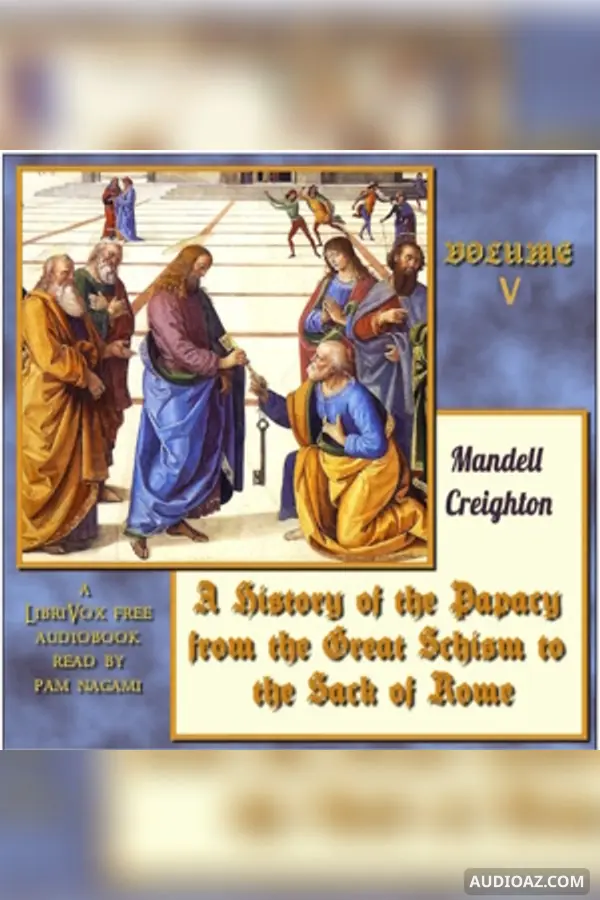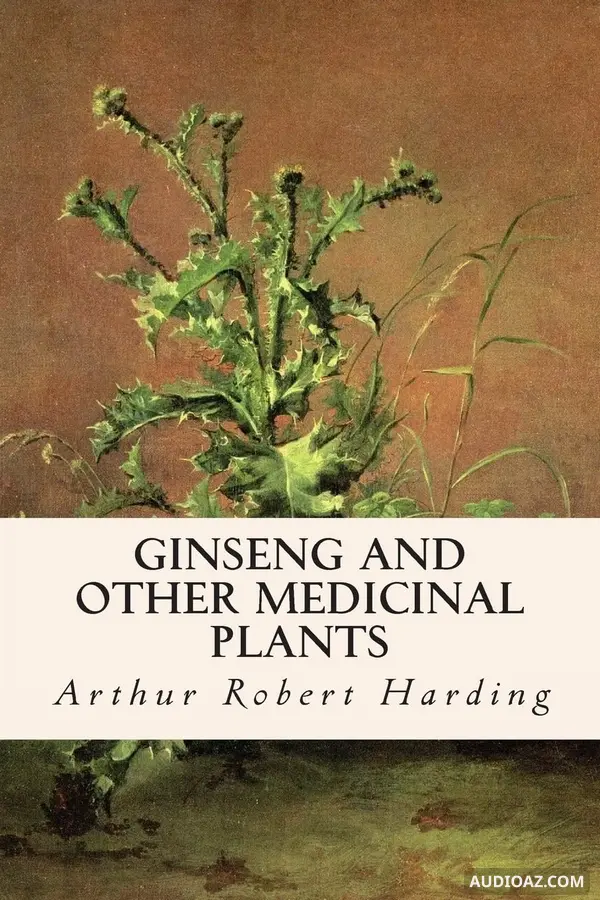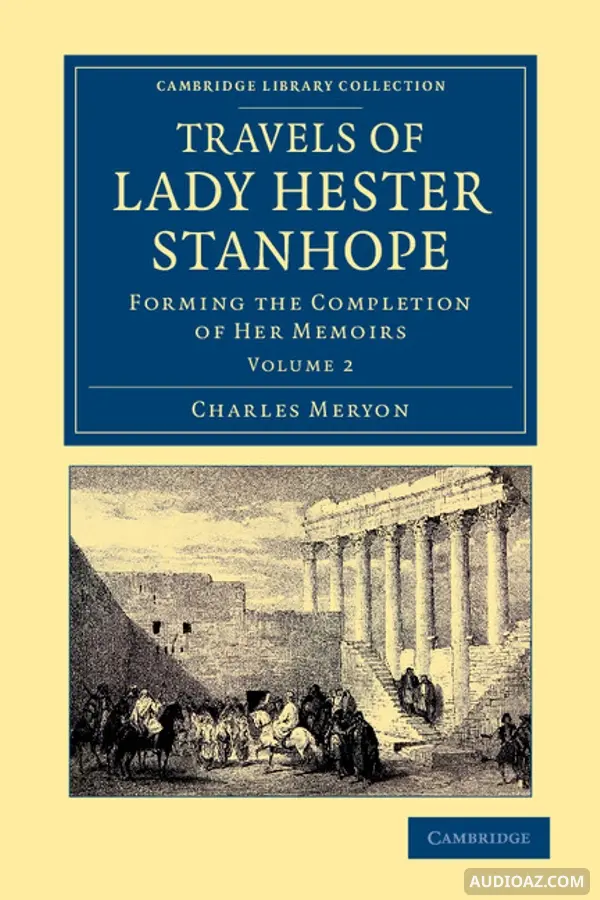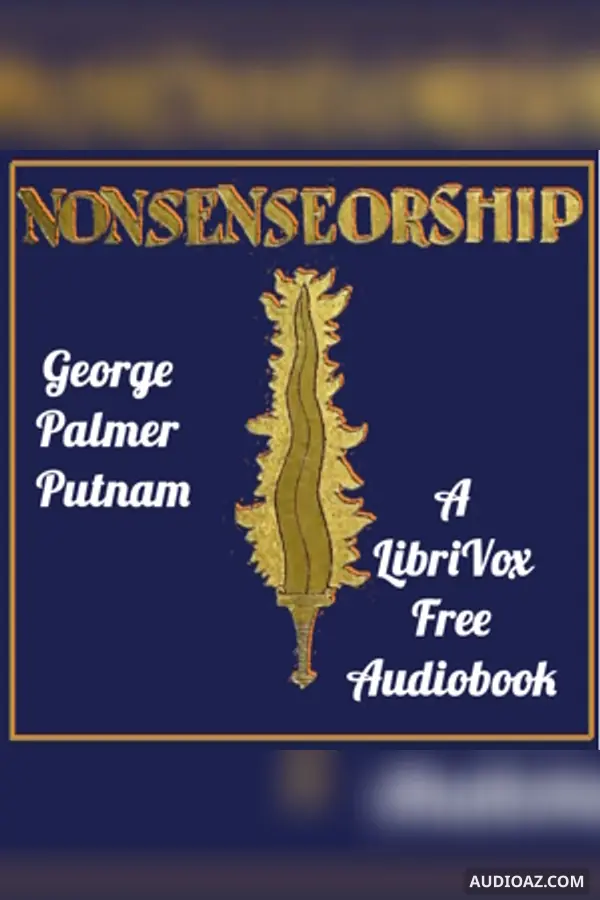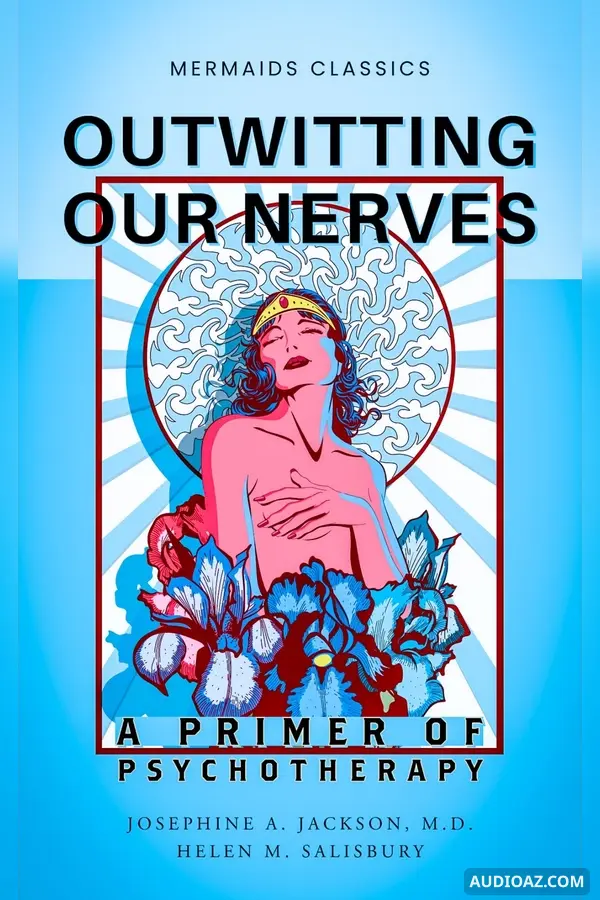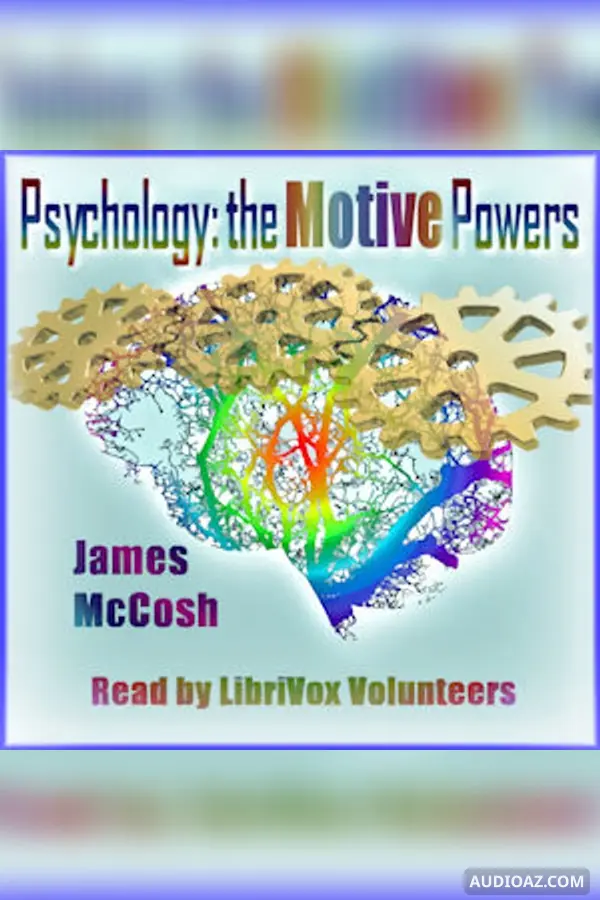
Psychology: the Motive Powers - Kostenloses Hörbuch
Autor(en): James McCosh
Sprache: English
Genre(s): SachbücherPsychologie
1 / 38Distinction between the Cognitive and Motive Power
- 1. Distinction between the Cognitive and Motive Power
- 2. Prefatory Note
- 3. Elements involved in Emotions
- 4. Book I. The Four Elements or Aspects of Emotion - First Element: Appetences or Motives Part 1
- 5. Book I. The Four Elements or Aspects of Emotion - First Element: Appetences or Motives Part 2
- 6. Book I. The Four Elements or Aspects of Emotion - First Element: Appetences or Motives Part 3
- 7. Book I. The Four Elements or Aspects of Emotion - Second Element or Aspect: The Idea (Phantasm) Part 1
- 8. Book I. The Four Elements or Aspects of Emotion - Second Element or Aspect: The Idea (Phantasm) Part 2
- 9. Book I. The Four Elements or Aspects of Emotion - The Third Element or Aspect: The Excitement with Attachment and Repugnance
- 10. Book I. The Four Elements or Aspects of Emotion - Fourth Element or Aspect : The Organic Affection Part 1
- 11. Book I. The Four Elements or Aspects of Emotion - Fourth Element or Aspect : The Organic Affection Part 2
- 12. Book II. Classification and Description of the Emotions - Division of the Emotions
- 13. Book II. Classification and Description of the Emotions - Emotions as directed to Animate Objects. Part 1
- 14. Book II. Classification and Description of the Emotions - Emotions as directed to Animate Objects. Part 2
- 15. Book II. Classification and Description of the Emotions - Emotions as directed to Animate Objects. Part 3
- 16. Book II. Classification and Description of the Emotions - Emotions called forth by Inanimate Objects. The Aesthetic Part 1
- 17. Book II. Classification and Description of the Emotions - Emotions called forth by Inanimate Objects. The Aesthetic Part 2
- 18. Book II. Classification and Description of the Emotions - Emotions called forth by Inanimate Objects. The Aesthetic Part 3
- 19. Book II. Classification and Description of the Emotions - Emotions called forth by Inanimate Objects. The Aesthetic Part 4
- 20. Book II. Classification and Description of the Emotions - Continuous Emotions Part 1
- 21. Book II. Classification and Description of the Emotions - Continuous Emotions Part 2
- 22. The Conscience - There is such a Power
- 23. The Conscience - The Conscience as a Cognitive Power
- 24. The Conscience - The Conscience as a Motive Power with Emotions
- 25. The Conscience - What the Conscience reveals
- 26. The Conscience - The Conscience in Actual Exercise
- 27. The Conscience - Development and Growth of the Conscience
- 28. The Will, or Optative Power - The Essential Nature of Will
- 29. The Will, or Optative Power - Various Forms of Voluntary Acts
- 30. The Will, or Optative Power - The Will associating Itself with other Mental Acts
- 31. The Will, or Optative Power - The Will as exercised in the Moral Virtues
- 32. The Will, or Optative Power - Will in the Christian Graces
- 33. The Will, or Optative Power - The Will as an Element in Love
- 34. The Will, or Optative Power - The Influence of the Will on Character
- 35. The Will, or Optative Power - The Will has Freedom
- 36. The Will, or Optative Power - The Will the Seat of Responsibility
- 37. The Will, or Optative Power - Ideas given by the Motive Powers
- 38. The Will, or Optative Power - Conclusion. — Man's Religious Tendencies
Über
Dr. McCosh, in his second volume on Psychology, treats of the Motive Powers as distinct from the Cognitive Powers, which were discussed in tho first volume of the series. He regards this division of the human faculties as better and more natural than the more common arrangement of Kant into the faculties of cognition, feeling, and will, the great objection to which is that it leaves out of sight the moral power or conscience. Not that Kant ignores the moral nature, but that he treats it as if it were a phase of the rational faculty — reason having the power to awaken moral susceptibility and to hold it, as it were, to the truth and right action through the will. The motive powers are arranged by Dr. McCosh under three heads, — emotions, conscience, will, — making conscience or the moral faculty one of the leading faculties. Conscience, according to Dr. McCosh, is both a cognitive and a motive power, and so in a sense is superior to all the other faculties. By far the greater part of this book is given to the consideration of the emotions, which are considered in various aspects, and classified and described with great minuteness. The appetences or inclinations, the ruling idea in them, and the causes which excite or repress them, are set forth in methodical order, as also their various complex divisions and characteristics. The last section is devoted to the Will under ten different aspects, and to brief statements with regard to the religious tendency. Dr. McCosh certainly presents us in this treatise with a very compact, lucid, and comprehensive view of the subject under discussion. - Summary by The North American Review
Kommentare
Seien Sie der Erste, der kommentiert
Es gibt noch keine Kommentare zu diesem Inhalt. Beginnen Sie die Diskussion!
Mehr entdecken
Tags: Psychology: the Motive Powers audio, Psychology: the Motive Powers - James McCosh audio, Sachbücher audio, Psychologie audio, free audiobook, free audio book, audioaz
